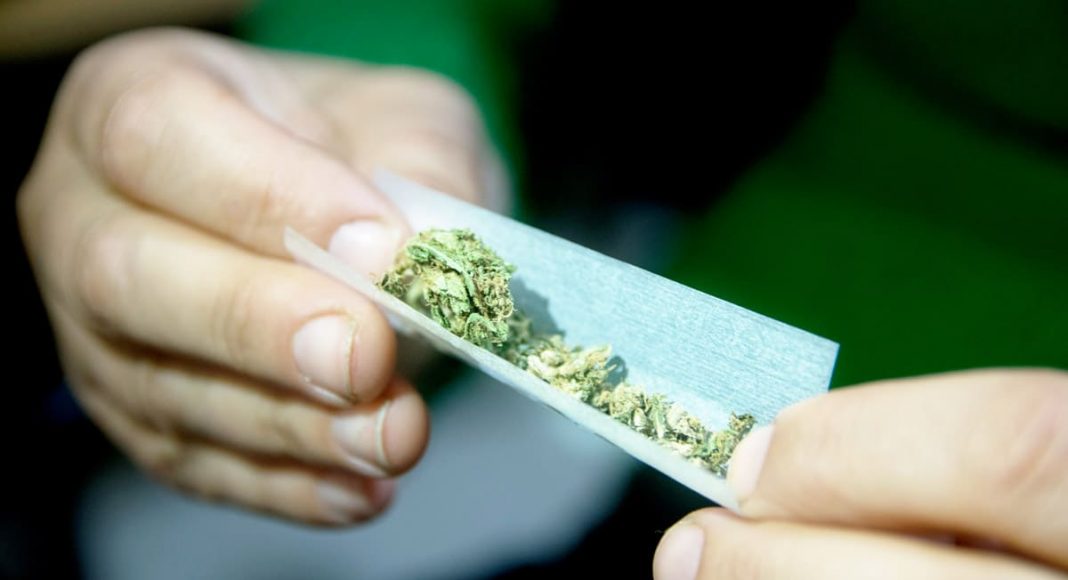Marijuana might struggle to become the next great American cash crop as long as this sector continues to operate exclusively on a statewide basis. Marijuana prices in legal states like Colorado have been dropping at a significant rate ever since the herb was legalized for recreational use six years ago. Although the concept of cheap weed is excellent for the cannabis consumer, it ultimately puts the industry that serves them to the test – threatening to put some entrepreneurs out of business and crippling state tax revenue that is mostly based on retail prices.
A recent analysis from the Washington Post shows that wholesale weed prices in legal states have been on steady decline. In Colorado, the price has dropped 70 percent in the past four years. In some cases, marijuana is being sold for as little as $100 per pound. It has created a situation where states reporting enormous tax revenue collections since legalization took hold are bound to start coming up light. “Because states generally set their marijuana tax rates as a percentage of price, their revenue per sale sinks in direct proportion to the fall in marijuana prices,” the report reads.
Colorado attempted to combat the downward trend. Last year, the state increased its marijuana tax rates from 10 to 15 percent. But the plan did not work out in its favor. The additional revenue generated from the hike was eventually absorbed by the price slump experienced over the past 12 months. It’s a problem that everyone involved with the legalization process failed to consider. And if they did — and by “they” we mean the cannabis advocacy groups pushing for this level of reform — they kept their mouths shut. “States may have failed to anticipate this problem because of misleading predictions about the effects of legalization,” the report states.
Marijuana is really only fetching high tax revenues in the beginning because it is a novelty product. The idea that weed was against the law yesterday but now I can buy it in the same way as I do beer really brings out the crowd. Yet, financial experts have said for years that ending prohibition is the quickest way to watch marijuana prices drop by 50 percent. Some economists expect legalization will eventually drag the price of marijuana down so low that it will be given away for free.
“It’s just a plant,” Jonathan Caulkins, a professor at Carnegie Mellon University, told the Post back in 2016. “There will always be the marijuana equivalent of organically grown specialty crops sold at premium prices to yuppies, but at the same time, no-frills generic forms could become cheap enough to give away as a loss leader – the way bars give patrons beer nuts and hotels leave chocolates on your pillow.”
If something like that were to happen, states could easily find themselves in a position of not being able to support the regulatory affairs needed to maintain a legal system. “Rather than helping states’ bottom line the industry would be an outright drain on the public purse,” the report reads.
Some states like California and Maine have taken a different approach to tax marijuana – they tax by weight. The Post suggests that this method might be the only way for states to hold on to some of the revenue earned from their respective pot trades. But there could be some repercussions by going at it from this angle. “The main risk of this approach is that producers will sharply increase product potency to create more “bang per ounce,” which could pose a risk to public health and safety.


